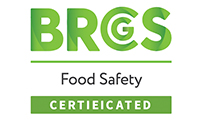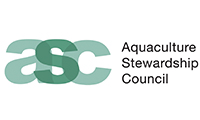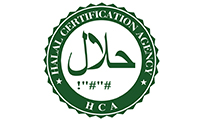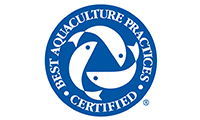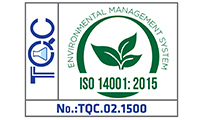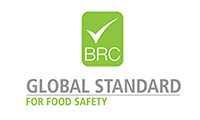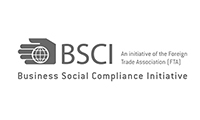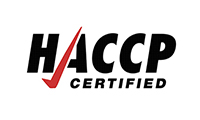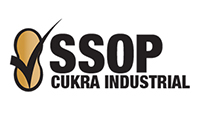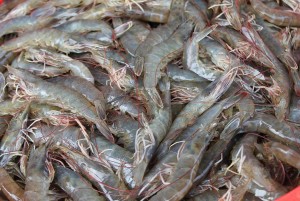Shrimp, lipstick and toys sales face scrutiny by anti-slavery activists
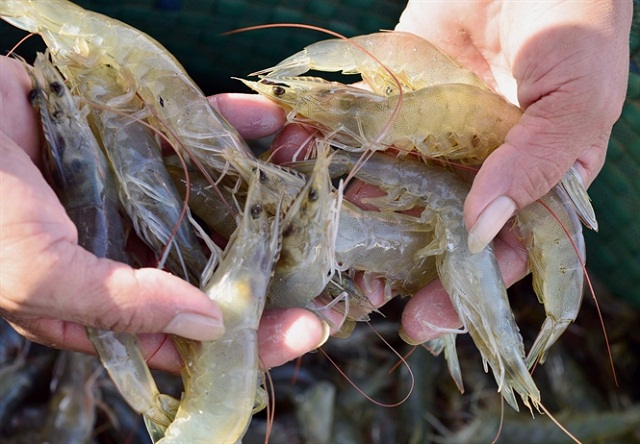
With millions of people globally working in slave-like conditions to produce the goods found in our supermarkets and local shops, anti-slavery campaigners admit it may seem near impossible to ensure the items we buy are ethical.
From cosmetics and clothes to shrimp and smartphones, the supply chain is often complex with multiple layers - whether in sourcing the raw materials or creating the final product - making it hard to identify exploitation and abuses.
But campaigners trying to combat forced and child labor and poor working conditions have unveiled a variety of approaches they follow to ensure the goods they buy are ethical.
Some activists have taken to boycotting certain products, others only buy brands that have been approved ethically. Some source alternative goods locally, while others have chosen simply to reduce their overall consumption.
For example, after an investigation last year found that migrants were being trafficked into slavery to catch shrimp for Thailand's multi-billion dollar seafood export industry, some campaigners said they decided to avoid the product.
"Shrimp sourced from outside Vietnam makes me very uncomfortable. I'm very, very careful about that," Mimi Vu, advocacy director of the Pacific Links Foundation, a Vietnamese charity, told the Thomson Reuters Foundation.
"I tend to look and see which companies are sourcing from where. Companies that are opaque about their supply chain, I try not to buy from them as much as possible."
Products of slavery
Nearly 21 million people globally are victims of forced labor, an industry which generates $150 billion a year in illegal profits, according to the United Nation's International Labor Organization (ILO).
The British charity Anti-Slavery International on its website documents 122 products made by child laborers across 58 countries ranging from Latin America to Asia.
These children might be employed at the start of the supply chain, forced into mines to extract gold, mica, diamonds and coal or made to toil in farms to produce commodities such as cotton, sugar, tea, coffee and cocoa.
Children are also found working further down the supply chain, such as in the stitching of garments, manufacturing of footwear, weaving of carpets or in the assembly of fireworks.
Archana Kotecha, legal head of Liberty Asia, said she was more cautious when buying certain products.
"When I buy children's toys, I'm a lot more careful in investigating if the companies have been engaged in any kind of mistreatment of workers," she said.
"Another one is cosmetics. I wear make-up every day, and make-up contains mica. Some of the biggest mica mines come from where my family is originally from in India."
Andrew Goledzinowski, Australia's Ambassador for People Smuggling and Human Trafficking, said he opted for coffee which is produced under the "Fair Trade" brand.
"I also look at labels on tins of fish and there are some brands I've decided not to buy," he said, adding such gestures might seem meaningless, but showed people were becoming more aware of modern-day slavery.
Do the research
Some experts disagree with boycotts, however, saying this could worsen the situation for exploited workers as it could stop demand for those goods and mean they lose jobs.
For example, forcing a company to shut down its sweatshops might not be the best option if it leaves workers unemployed.
Others have another solution - buy local or scale down.
"It's my money, and I can decide whom it goes to," said Peck Hoon Tam from the Singapore-based Humanitarian Organization for Migration Economics, who prefers to buy from local businesses.
"We can use that money to say what we want to say and leverage off this - the consumer must know that they have money to effect change."
Andy Hall, international adviser for the Migrant Worker Rights Network in Thailand, has a simpler solution.
"As well as being vegetarian, I also limit consumer tendencies, cutting down on things you don't really need for your everyday life. This whole consumption trend is what pulls people into slavery. Reducing is good," he said.
Yet, despite their different opinions, campaigners do agree on one thing - research the products that you purchase.
There are numerous websites, although largely aimed at western shoppers, where ethically sourced and manufactured goods from clothes to coffee to cosmetics can be purchased.
Consumers can also check if companies are part of the Ethical Trade Initiative, an alliance of companies, charities and trade unions that promotes respect for workers' rights.
"It's incumbent on me to do the research," said human rights lawyer Deborah Papworth, who is based in Cambodia with the charity, Hagar International.
"When I have to buy new clothes, while the tendency is to go for cheaper options, I rein that in."



